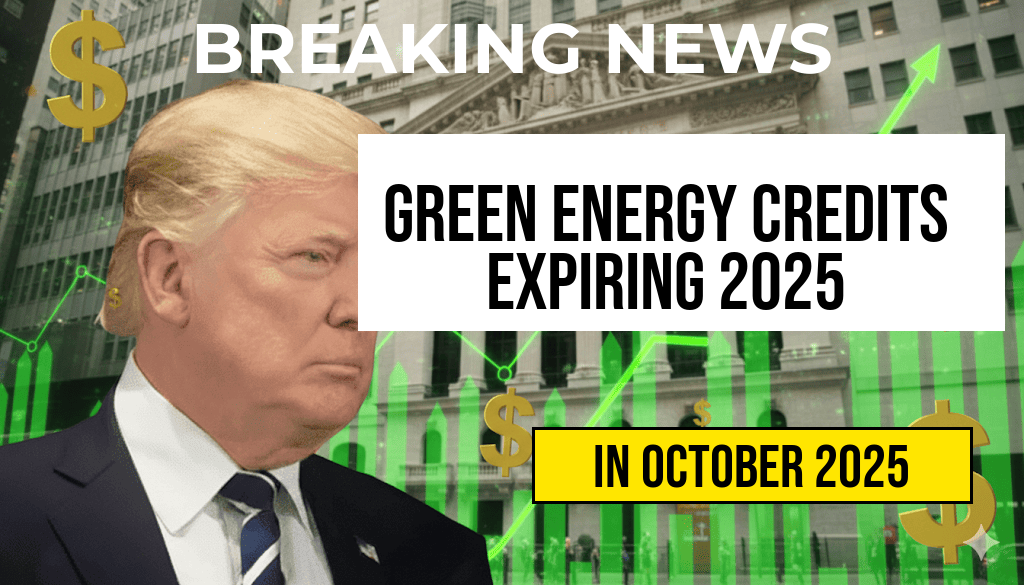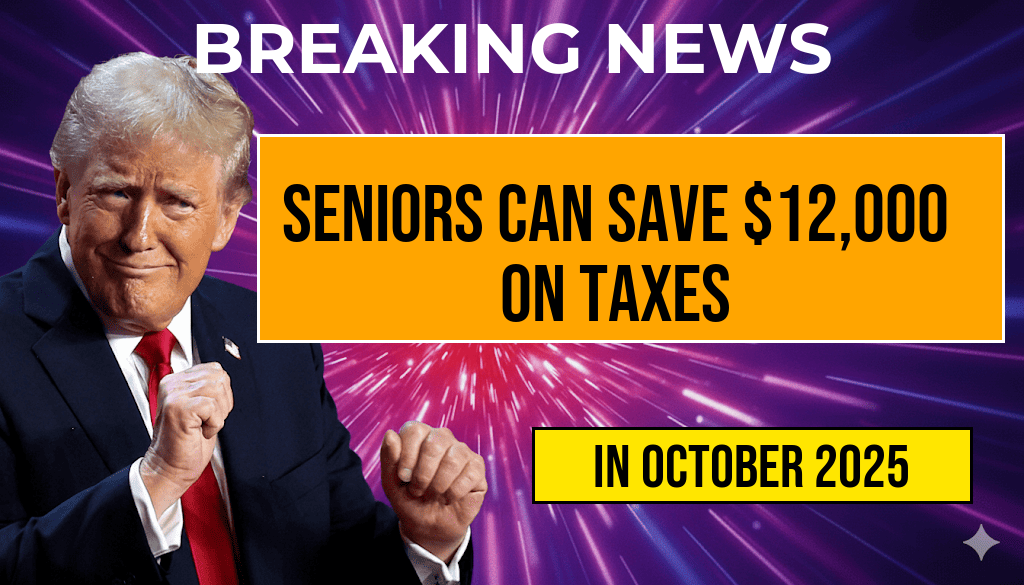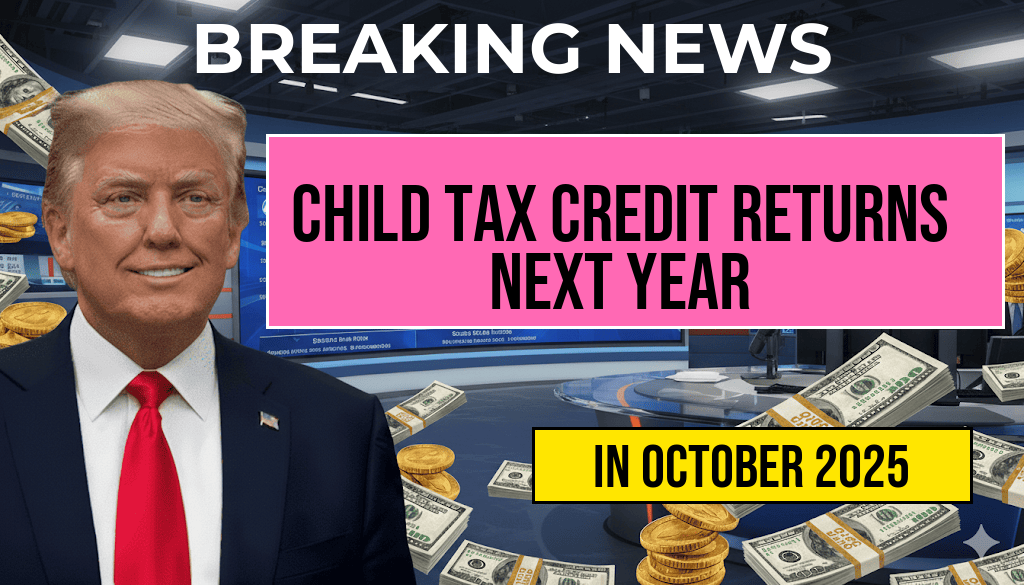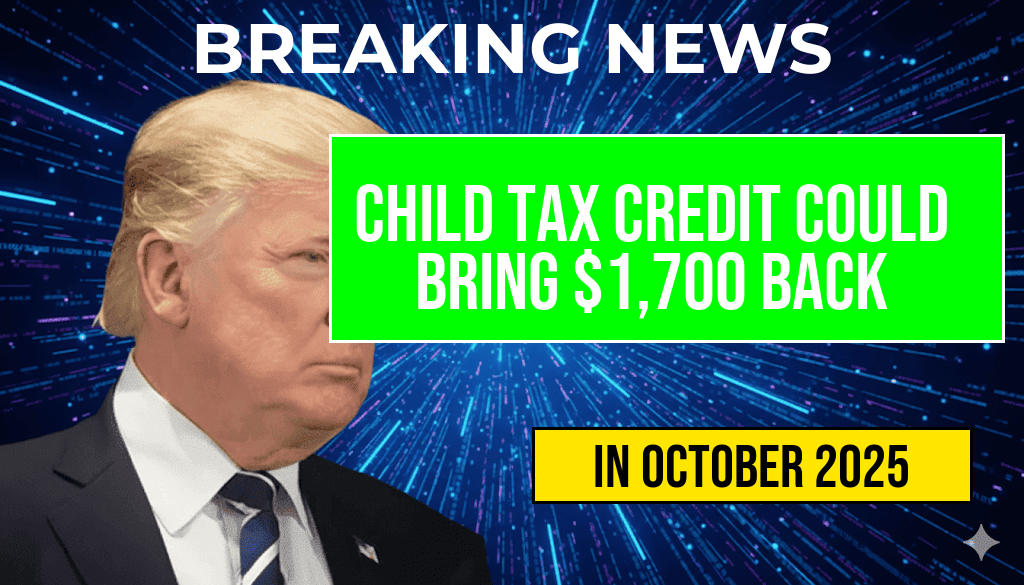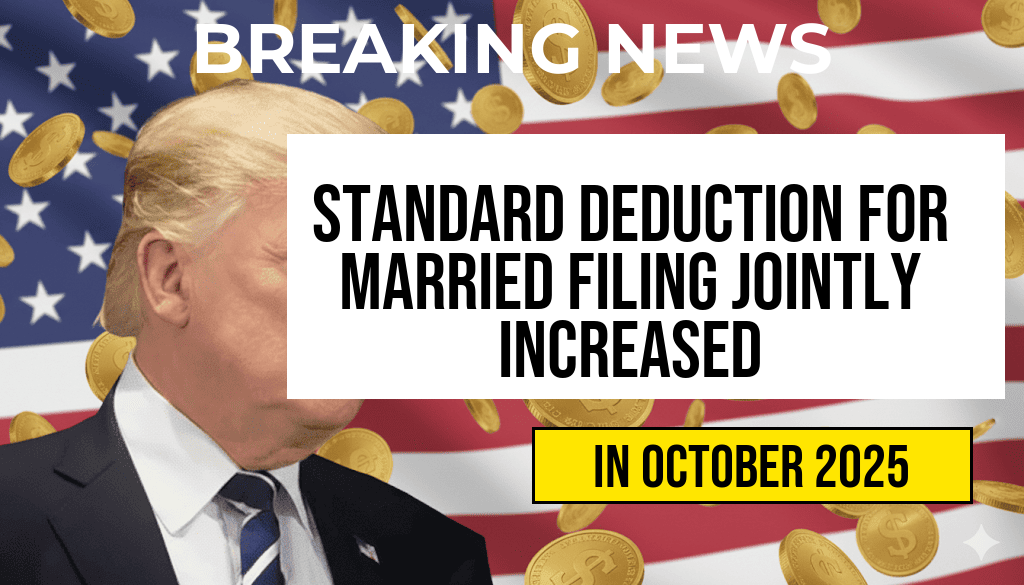Homeowners who have invested in green energy solutions, such as solar panels or wind turbines, should be aware that many of the federal energy tax credits are set to expire in 2025. These incentives have significantly reduced the upfront costs for renewable energy installations over the past decade, encouraging adoption across the country. However, with the upcoming expiration, property owners need to understand how future tax benefits could change, what options remain now, and how potential legislative developments might influence the affordability of renewable energy projects. This article explores the current landscape of green energy credits, the specifics of their expiration, and strategies homeowners can consider to maximize savings before these benefits phase out.
Understanding the Current Federal Incentives for Green Energy
The federal government has long supported renewable energy adoption through various tax incentives—most notably the Residential Energy Efficient Property Credit and the Investment Tax Credit (ITC). These programs allow homeowners to deduct a significant percentage of the installation costs of qualifying systems from their federal taxes.
Key Components of the Tax Credits
- Investment Tax Credit (ITC): Offers a percentage of the installation cost as a tax credit, currently set at 30% for systems installed before 2025.
- Residential Energy Efficiency Credit: Provides credits for energy-efficient appliances and upgrades, supporting home improvements beyond renewable energy systems.
- State and Local Incentives: Many states supplement federal incentives with additional rebates or credits, further reducing costs.
These incentives have driven a surge in residential renewable energy installations. According to the U.S. Energy Information Administration, solar capacity on American homes has increased dramatically, partly due to these financial benefits.
What’s Changing in 2025?
Legislative proposals and policy discussions indicate that many federal green energy credits are scheduled to expire or be phased out in 2025. The primary driver behind this shift is the federal government’s aim to reduce long-term subsidy dependence and promote market-driven renewable energy growth.
Details of the Expiration Timeline
| Program | Current Status | Expiration Date |
|---|---|---|
| Investment Tax Credit (ITC) | 30% tax credit | December 31, 2024 |
| State-level incentives | Varies by state | Many set to expire or reduce after 2025 |
While some states may extend or modify their incentives, the federal component is slated for significant reduction, potentially leading to higher net costs for new installations starting in 2026.
Implications for Homeowners
For homeowners contemplating renewable energy upgrades, the impending expiration underscores the importance of timing. Those who install before the end of 2024 can still benefit from the full 30% ITC, which can substantially lower initial costs. Post-2025, the credit percentage is expected to decrease or be eliminated altogether, depending on legislative outcomes.
What Homeowners Should Consider
- Assess project timelines: Initiate installations well before December 31, 2024, to capitalize on current incentives.
- Evaluate financial benefits: Conduct a cost-benefit analysis factoring in the current credits and future energy savings.
- Stay informed about policy changes: Monitor legislative updates through reputable sources like the Department of Energy (energy.gov) and industry news outlets.
- Explore regional incentives: Check with state and local agencies for additional rebates or credits that may extend beyond federal programs.
Potential Legislative Developments and Future Outlook
Proposals to extend or replace current incentives are circulating in Congress. Some lawmakers advocate for continued support to maintain momentum toward national climate goals, while others favor transitioning to market-based mechanisms. The outcome will significantly influence the affordability of renewable energy for homeowners in the coming years.
Additionally, advancements in technology and declining costs are gradually making renewable energy more accessible without relying heavily on incentives. However, for many homeowners, the current tax credits represent a critical factor in decision-making.
Resources for Homeowners
Homeowners interested in exploring their options should consult credible sources to stay updated. The U.S. Department of Energy’s solar guides provide comprehensive information on eligible systems and installation considerations. Additionally, reputable industry organizations and local government websites often list available rebates and incentives specific to your region.
Understanding the nuances of federal and state incentives helps property owners make informed decisions about renewable energy investments. As policies evolve, acting promptly can ensure maximum financial benefits while contributing to broader sustainability efforts.
Frequently Asked Questions
What are Green Energy Credits and how do they benefit homeowners?
Green Energy Credits are incentives provided by the government to encourage the adoption of renewable energy sources. Homeowners who install solar panels or other renewable systems can earn these credits, which may reduce their overall tax liability and lower the cost of energy upgrades.
Why are Green Energy Credits expiring in 2025?
The current federal Green Energy Credits are set to expire in 2025 due to legislative cycles and policy adjustments. This means homeowners need to act before the deadline to maximize their benefits and take advantage of these incentives.
How can homeowners prepare for the expiration of these credits?
Homeowners should consider scheduling renewable energy projects, such as installing solar panels, before the credits expire. Consulting with tax professionals and renewable energy providers can help ensure they meet necessary requirements and maximize available tax benefits.
What are the potential future tax benefits after 2025?
While current Green Energy Credits may expire, policymakers may introduce new incentives or extend existing ones. Homeowners should stay informed about legislative updates that could impact future tax benefits for renewable energy investments.
Are there any other financial incentives for renewable energy aside from credits?
Yes, besides Green Energy Credits, homeowners may qualify for rebates, grants, or state-specific incentives that support renewable energy projects. Combining these incentives can further reduce the overall cost of installing sustainable energy systems.

